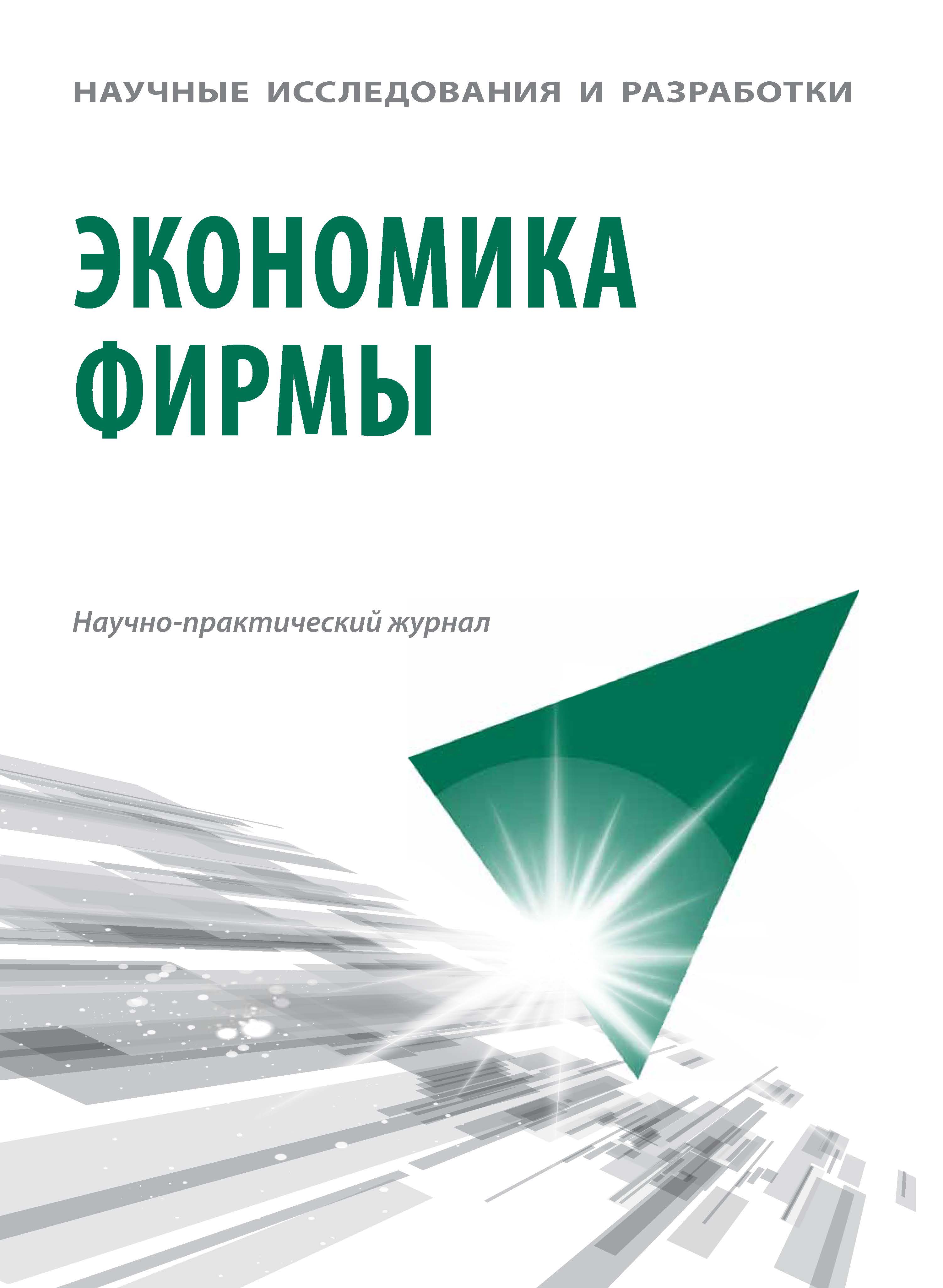In this research paper discusses the conceptualization of the processes of achieving technological sovereignty. The role of the state in maintaining control over critical and cross-cutting technologies is emphasized. The significance of technological sovereignty in the crisis of globalist approach and free international trade is concretized. The author of the article initiates the concept of technological sovereignty from the perspective of ‘embedded agency’ and emphasizes the importance of the interdependence of internal and external technological processes. Based on this concept, a framework for further strategic planning for achieving technological sovereignty is proposed.
technology, technological sovereignty, embedded agency, globalization, innovation policy, globalist approach, technological competition, national autonomy, socio-technical systems, economic sustainability
1. Afanas'ev A.A. Tehnologicheskiy suverenitet kak nauchnaya kategoriya v sisteme sovremennogo znaniya [Tekst] / A.A. Afanas'ev // Journal of Economics. — 2022. T. 12. — № 9. — S. 2377.
2. Shkodinskiy S.V. Vliyanie sankciy na tehnologicheskiy suverenitet Rossii [Tekst] / S.V. Shkodinskiy, A.M. Kushnir, I.A. Prodchenko // Problemy rynochnoy ekonomiki. 2022. — T. 2. — № 1. — S. 75–96. DOI: https://doi.org/10.33051/2500-2325-2022-2-75-96; EDN: https://elibrary.ru/GYKHTL
3. Acharya A. After liberal hegemony: The advent of a multiplex world order // Ethics & international affairs, 2017, v. 31, no. 3, pp. 271–285.
4. Battilana J., D’aunno T. Institutional work and the paradox of embedded agency // Institutional work: Actors and agency in institutional studies of organizations, 2009, v. 31, p. 58.
5. Bauer M., Erixon F. Europe's quest for technology sovereignty: Opportunities and pitfalls. ECIPE Occasional Paper, 2020. no. 02.
6. Binz C., Truffer B. Global Innovation Systems — A conceptual framework for innovation dynamics in transnational contexts // Research policy, 2017, v. 46, no. 7, pp. 12841298.
7. Crook T.R., Combs J.G. Sources and consequences of bargaining power in supply chains //Journal of operations management, 2007, v. 25, no. 2, pp. 546–555.
8. Edler J. et al. Technology Sovereignty: from demand to concept. PerspectivesPolicy Brief, 2020, no. 02.
9. Fuenfschilling L., Binz C. Global sociotechnical regimes // Research policy. 2018, v. 47, no. 4, pp. 735–749.
10. Giddens A. Studies in Social and Political Theory (RLE Social Theory). Routledge, 2014.
11. Hearson M., Prichard W. China's challenge to international tax rules and the implications for global economic governance // International Affairs, 2018, v. 94, no. 6, pp. 1287–1307.
12. March C., Schieferdecker I. Technological sovereignty as ability, not autarky // International Studies Review, 2023,v. 25, no. 2, pp. viad012.
13. Porter M.E. Competitive advantage of nations: creating and sustaining superior performance. Simon and Schuster, 2011.
14. Thornton P.H., Ocasio W. Institutional logics // The Sage handbook of organizational institutionalism, 2008, v. 840, no. 2008, pp. 99–128.






